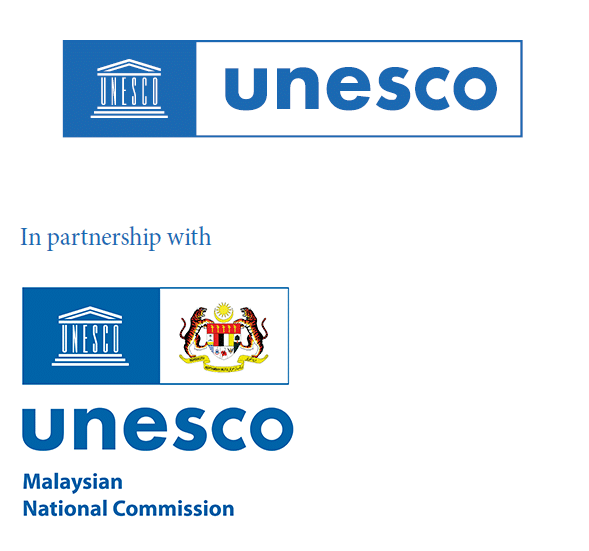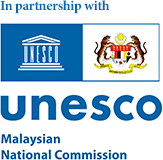UNESCO Office Jakarta, as the regional Science Bureau for Asia and the Pacific, jointly with the Coordinating Ministry for Maritime Affairs (KEMENKOMAR) and the Maritime Local Government Network (LGN) organized a Regional Workshop on building national and local capacity on measuring science, engineering, technology and innovation for sustainable development goals. The workshop was held in Sultan Hotel in Jakarta on 17 – 19 June 2019.
Prof. Shahbaz Khan, Director and Representatives of UNESCO, Ir. Agung Kuswandono, MA, Deputy for Natural Resources and Services KEMENKOMAR, and Ir. Hugua of LGN opened the workshop. 50 Representatives of 5 countries (Indonesia, Malaysia, Papua New Guinea, Timor-Leste, and the Philippines) represented by government officials at national and local level, civil societies, and experts attended the workshop.
Two Mayors attended the workshop, Mr. Gita Elliot, Mayor of Alotau Urban Local Government, Papua New Guinea and Mrs. Rachel Bañares, Mayor of Municipality of Corcuera, Romblon, Philippines. The Malaysia-UNESCO Cooperation Programme (MUCP) through the Facilitate in Accelerating Science and Technology (AP-FAST) project supports this regional workshop.
The Regional Workshop aims to encourage the achievement of SDGs targets through increasing national and local capacity for countries in the Asia Pacific, especially Coral Triangle Initiative (CTI) member countries. The SDGs adopted by the UN in September 2015 are applied with universal, integrated and inclusive principles to ensure that no one is left behind.
The adoption of the Agenda 2030 with the 17 Sustainable Development Goals (SDGs) is the reflection of challenges and opportunities that all regions of the world, and most specifically the Asia and the Pacific region, should work for their successful implementation. All 17 SDGs and 169 targets are universal for global partnership of sustainable development and calls for action by all countries as part of their inclusive economic growth and social development while protecting the earth.
UNESCO Office Jakarta, as a regional bureau for science in the Asia and the Pacific has been working on positioning the global development agenda at the highest level In Asia and the Pacific. Therefore, with the support of the Malaysia-UNESCO Cooperation Program (MUCP), UNESCO implemented a project to Facilitate in Accelerating Science and Technology in the region, known as AP-FAST.
This project aims to help enable the achievement of the global agenda and related targets at regional and national levels and increase coherence between national and global development plans. One of the outputs of the APFAST Project is the Score Cards for Science, Engineering, Technology and Innovation (SETI) for the Sustainable Development Goals (SETI for SDG) which are the result of collaboration with the Philippine Department of Science and Technology XI and Davao Network HELP.
The SETI for SDGs Scorecard guide aims to facilitate governments, institutions, organizations to assess and evaluate contributions to sustainable development goals, targets and indicators. The application of the SETI Scorecard can be used for all types of SETI Projects (which have just been proposed, are ongoing, and have been completed) and how important SETI is in achieving each SDG.
The SETI Score Card is a tool that allows the instrument to provide users where they can explicitly reveal detailed contributions from each of the respective project results towards achieving the SDGs. Participants in this regional workshop are expected to be able to use SETI to measure the performance of targets and SDGs indicators in each region and work unit.




